Disclaimer: This blog post contains affiliate links. If you make a purchase through these links, I may earn a small commission at no additional cost to you. Learn More. Thank you for supporting our garden community.
Japanese Beetles: Controlling and Preventing
Let’s talk about a common enemy that plagues our gardens: the Japanese beetle. These pests can devour plants overnight and leave us feeling defeated. But don’t despair! With a few effective strategies, you can keep these pesky beetles at bay and protect your beloved plants. So grab your tools and let’s dive in!
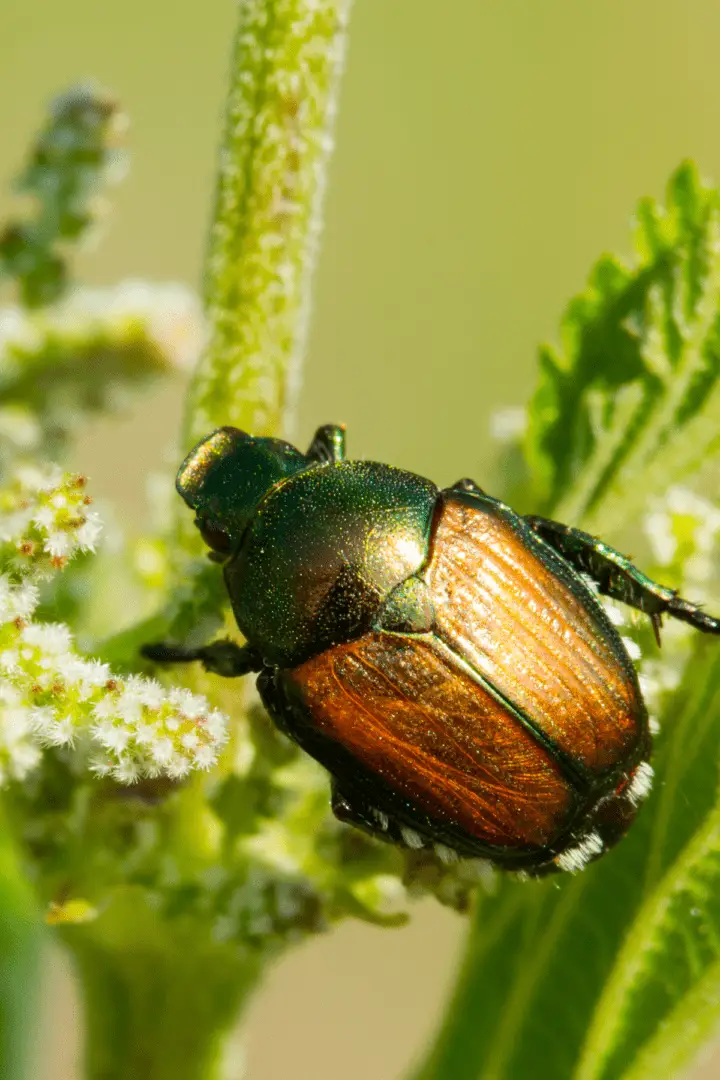
Japanese beetles are one of those pests that, if you blink, will multiply like crazy and take over your whole garden. That is why we have organized this comprehensive guide for you.
Japanese Beetles: Controlling and Preventing
Japanese beetles can wreak havoc on our gardens, swiftly devouring plants and leaving us feeling frustrated. However, there are several effective strategies to keep these pests under control and protect our plants.
From hand-picking to implementing traps, we can take proactive steps to mitigate the damage caused by Japanese beetles. So, don’t lose hope! By employing these strategies and staying vigilant, you can successfully defend your garden against these pesky invaders.
Getting to Know the Japanese Beetle
The Japanese beetle, with its metallic green body, is an interesting yet invasive insect in our gardens. These beetles are native to Japan and were unintentionally introduced to North America in the early 1900s, likely as larvae in the soil surrounding imported foreign plants.
The first evidence of their presence in North America was recorded in 1916 in a nursery in New Jersey. Since then, they have become an incredibly invasive species in North America and Europe, causing significant damage to ecosystems and industries.
Japanese beetles have a wide range of host plants, feeding on over 200 species. When they infest your garden, they can quickly “skeletonize” leaves of beans, grapes, raspberries, apples, asparagus, and many more, leaving behind a trail of destruction. Their peak season occurs during the high summer in July and August, so it’s crucial to be proactive in managing and preventing infestations before and during this time.
Prevention Methods
The best way to combat Japanese beetles is through prevention. Here are some effective tips to deter these pesky bugs:
- Make Your Garden Less Inviting: Japanese beetles are attracted to certain plants, namely roses, grapes, beans, and various fruits. Consider replacing these plants with less attractive ones.
- Netting Solutions: Covering your plants with insect netting is probably the most effective way to keep Japanese beetles off of them. Install the insect netting before the beetles arrive (in the spring). This means that they will never even have a chance to infect your plants.
- Invite Nature’s Helpers: Ladybugs, lacewings, and praying mantises feed on Japanese beetle larvae, so invite them to your garden. Planting nectar-rich flowers can attract these natural predators.
- Avoid Grubs: Japanese beetles lay their eggs in soil, where grubs hatch and start feasting on roots. Avoid over-watering your garden, and consider using beneficial nematodes, which are microscopic worms that eat grubs.
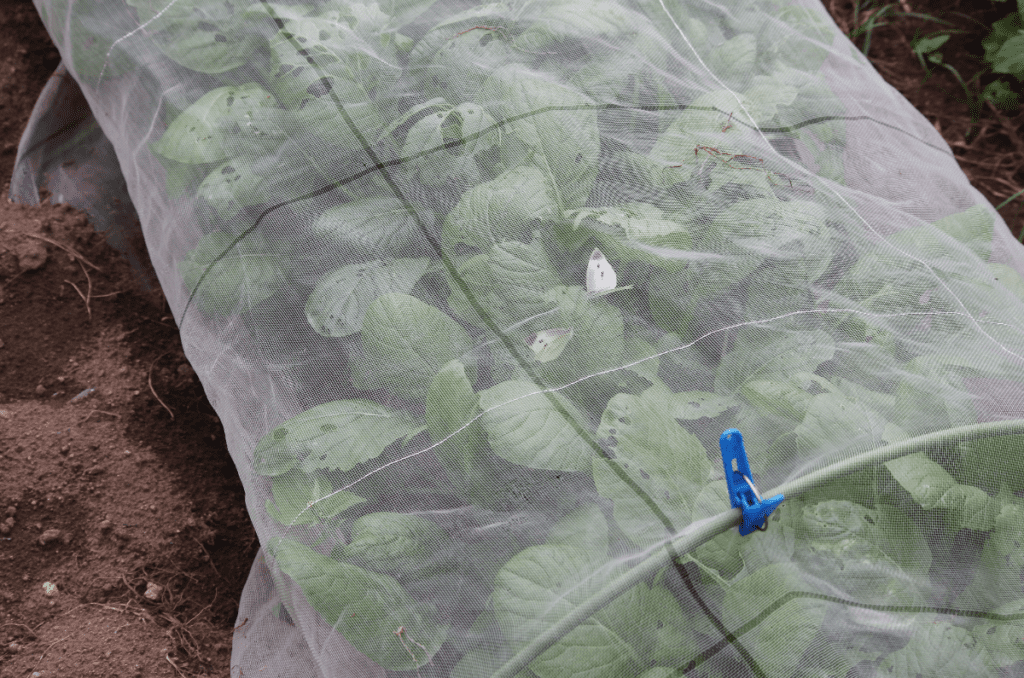
Managing Japanese Beetles
If Japanese beetles do manage to invade your garden, it’s time to take action. Here are some effective methods on how to get rid of Japanese beetles:
- Handpicking: It’s not the most glamorous or ideal solution, but it works. Handpick the beetles off of your plants and toss them into a bucket filled with soapy water. Don’t crush them, as they emit a pheromone that attracts more beetles.
- Bt Spray: This organic solution targets Japanese beetle larvae. It’s a bacteria (Bacillus thuringiensis) that releases toxins when ingested by grubs, making it an effective way to prevent future beetle infestations. Spray the solution on the soil where you know grubs lay.
- Traps: Consider using Japanese beetle traps to lure them away from your plants. However, be cautious with these traps, as they can attract even more beetles if used incorrectly.
- Neem Oil Spray: Like the Bt spray, neem oil is an organic solution. It repels adult beetles and affects their feeding behaviour, making it difficult for them to feed on plants. Use a ratio of 1 tablespoon of neem oil to 1 litre of water and spray it on adult beetles.
- Soapy spray: Like neem oil, you can use a pure castile soap to kill Japanese beetles. Mix 1 tablespoon of soap to 1 litre of water and spray the beetles themselves.
These pest management efforts can also be applied to aphids. If you want to learn more, check out our post on how to protect your garden from aphids.
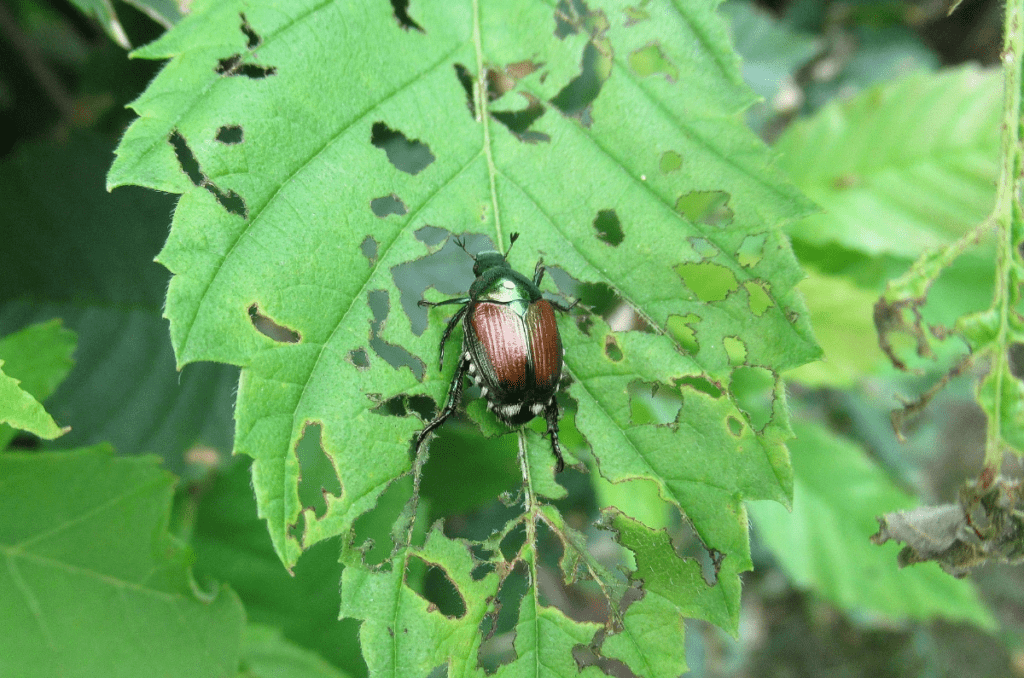
Maintain a Vigilant Garden
To keep Japanese beetles under control, it’s essential to maintain a healthy garden. Regularly check up on your plants and take action at the first sign of destruction. Keep your soil healthy and avoid over-watering.
Remember, a stressed-out plant is more vulnerable to pests and diseases. By maintaining a healthy garden, you’ll attract beneficial insects and create a pest-resistant environment.
Frequently Asked Questions
A combination of hand-picking and organic remedies, such as Bt, is best for killing Japanese beetles, as it targets all life stages, from egg to maturity.
Japanese beetles are harmful because they cause mass destruction to gardens and agriculture in North America. They are an invasive species with no natural predators, meaning they have all the time and space to attack.
Japanese beetles are invasive in Canada, with populations destroying agriculture from coast to coast.
Japanese beetles have a one-year lifecycle. Adult beetles emerge from the ground in late June or July and feed for about six weeks. They lay eggs in the soil, which hatch into grubs that feed on roots throughout the fall and winter. The grubs pupate in the spring and emerge as adult beetles.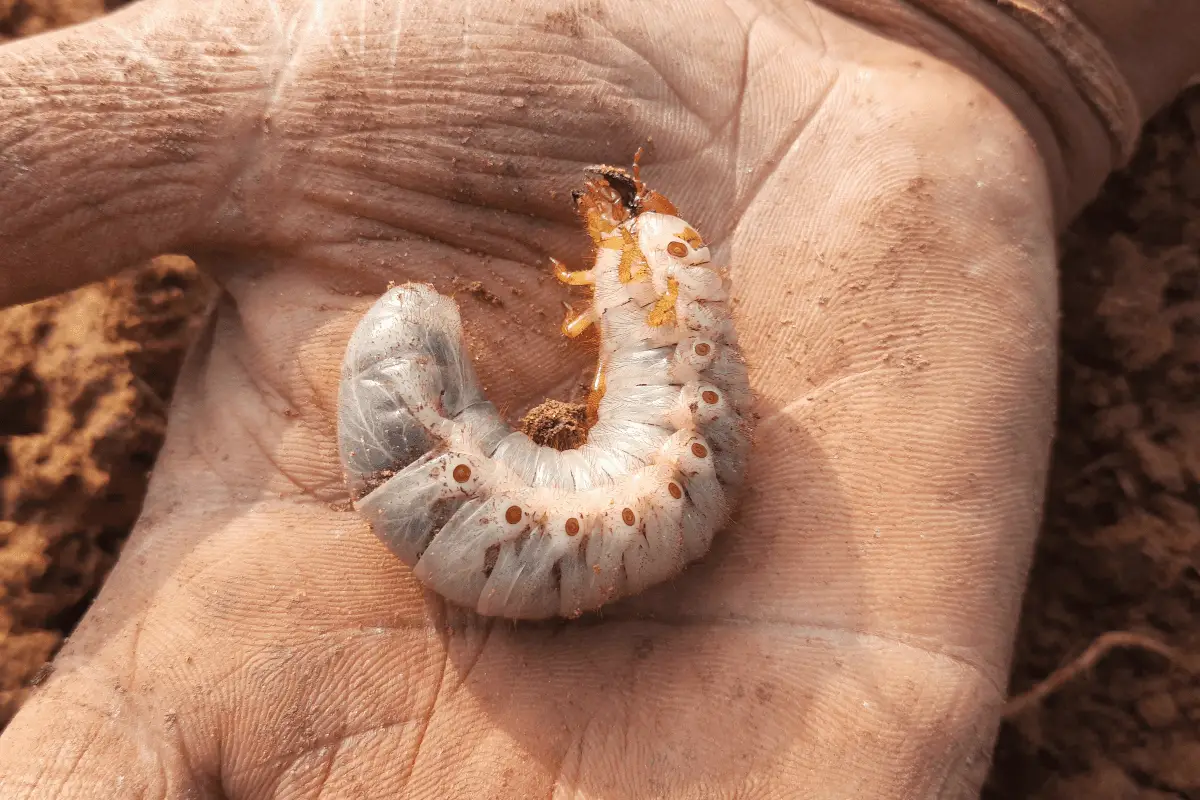
Adult Japanese beetles feed on the leaves and fruits of many plants, including roses, grapes, cherries, and vegetables. They skeletonize leaves, leaving only the veins behind.
Products:
For organic, non-GMO garden seeds, check out SeedsNow.
For gardening equipment, check out Bootstrap Farmer.
For organic all-purpose fertilizers, check out Arber.
Conclusion
Managing Japanese beetles can be a daunting task, but with some preventive measures and necessary actions, it can be done! By utilizing the strategies outlined above, you can successfully maintain a healthy and robust garden.
Don’t forget to stay alert, have patience, and focus on maintaining a healthy garden ecosystem; remember, nature always has a way of balancing itself out.
If you want to learn more about gardening, foraging, nature, and sustainability, check out The Real Gardener on Instagram, YouTube, and Pinterest.
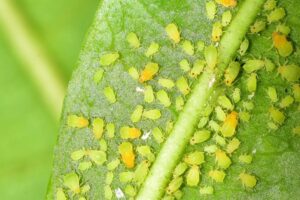
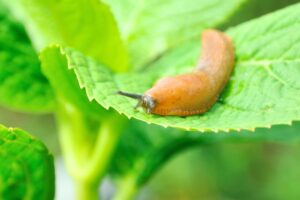
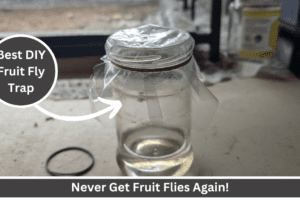
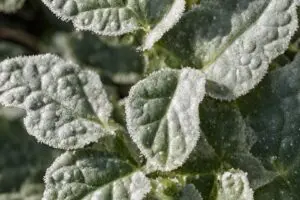
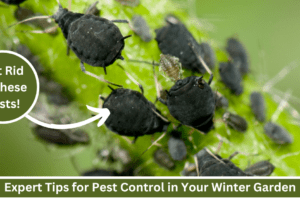
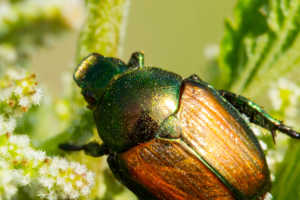
Leave a Reply